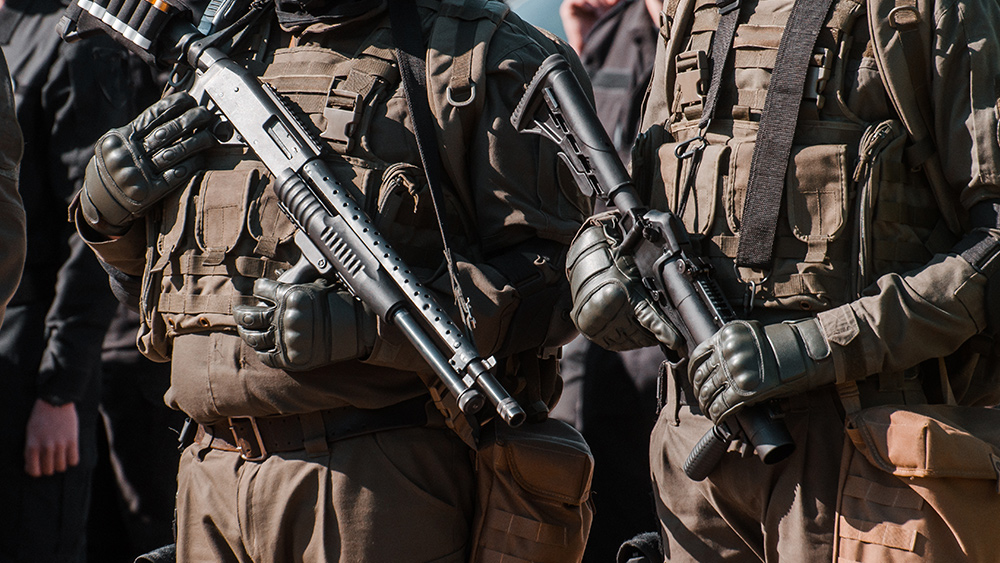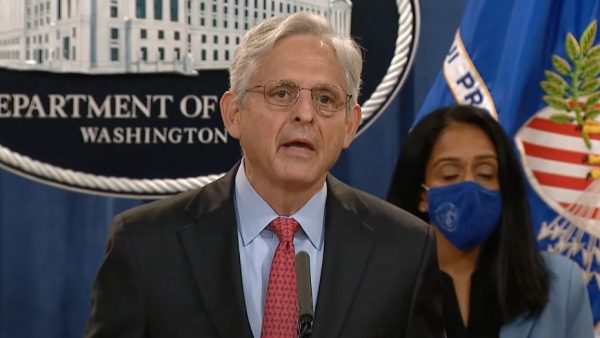
Quick Summary
-
New provisions: The updated directive expands the circumstances under which the DoD can assist law enforcement, including the use of lethal force.
-
Assassination explicitly forbidden: While assassination is banned, the new language allows for lethal actions under "imminent threats."
-
Concerns about civil liberties: The expanded definition of "national security threats" is raising alarms, particularly given DHS’s broader definition of domestic terrorism threats.
-
High-level approval required: Any intelligence-sharing that could lead to lethal force must be approved by the Secretary of Defense, but Component Heads can act immediately for up to 72 hours before obtaining approval.
Introduction
As the U.S. prepares for one of the most controversial and closely watched elections in its history, a concerning update to DoD Directive 5240.01 has quietly been put into effect. Reissued on September 27, 2024, this directive governs the Department of Defense's (DoD) intelligence activities and now includes provisions authorizing lethal force in certain circumstances when assisting civilian law enforcement. While the directive forbids assassination, it opens the door to lethal interventions under "national security" conditions, albeit with stringent restrictions on how such interventions are to be authorized.
A Quiet Update With Loud Implications
The reissuance of DoD Directive 5240.01 repealed previous versions, including the 1982 DoD 5240.1-R. While the update might seem routine, the changes regarding the use of lethal force in domestic operations are significant.
In the 2016 version, the directive primarily focused on intelligence collection and ensuring civil liberties protections for U.S. persons. It emphasized strict oversight and the need for authorization before collecting U.S. person information.
However, the 2024 version expands the military's role, particularly in assisting civil law enforcement, and authorizes lethal force under specific conditions, raising questions about its use during potential civil unrest surrounding the election.

The Differences Between the 2016 and 2024 Versions
1. Focus of the 2016 Version
The 2016 version of the directive did not mention the use of lethal force. Instead, it focused on:
-
Civil liberties protections: Ensuring strict oversight for operations involving U.S. citizens.
-
Intelligence collection restrictions: Limiting when and how U.S. person's information (USPI) could be collected.
-
Privacy safeguards: Protecting privacy rights and preventing unauthorized data collection.
The 2016 directive centered around intelligence gathering, with no mention of lethal force.
Read more at: GreenMedInfo.com
Coffee, tea, turmeric and beyond: Zero-in on essential polyphenols
By News Editors // Share
“The case is more serious”: NYT hid extent of Kamala Harris plagiarism from their own expert
By News Editors // Share
I resigned from Canada’s largest broadcasting corporation over its complicity in Israel’s genocide
By News Editors // Share
By Lance D Johnson // Share
Eating walnuts preserves youthful telomere strands
By News Editors // Share
EU demands X algorithm transparency amid claims of bias ahead of German election
By willowt // Share
History's worst money printing and hyperinflation crisis happened in HUNGARY
By arseniotoledo // Share











